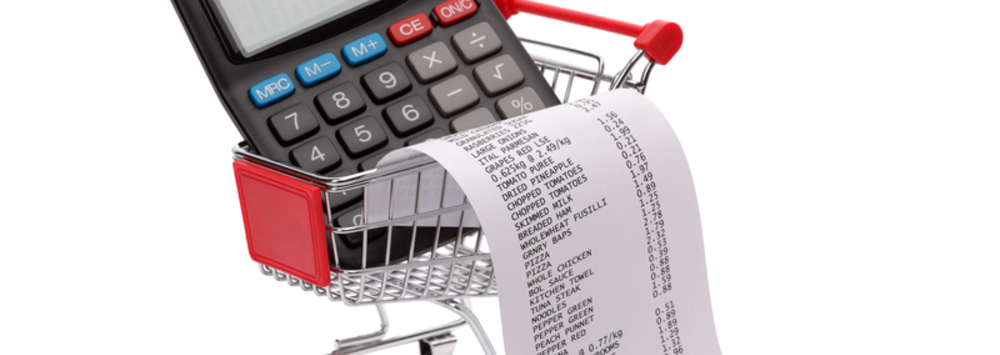Every third Pole at least once in his/her lifetime raised a credit or took out a loan and 13% of respondents are going to raise a credit in near future. We usually borrow money for redecoration or buying household appliances and audio/video devices, but also for medical treatment or unexpected expenses, e.g. a car repair.
As shown in a survey carried out by Millward Brown Institute at the request of the KRUK Group, only 13% of Poles are planning to raise a credit or take out a loan. A willingness to raise a credit or loan is much higher amongst the people, who have done that before – two thirds of the people who are planning to raise a credit have done it in the past.
Credit past…
As the survey revealed, 35% of us at least once in our lifetime raised a credit or took out a loan. Half of the respondents pointed out that a purchase of a large audio/video device, e.g. a washing machine, a refrigerator or a cooker, followed by redecoration, purchase of furniture and multimedia equipment was a purpose of such financial support.
The results of the survey show that even over one third of the respondents raised a credit or took out a loan and much smaller group of people think of raising a credit in the future. However, these responses have rather declarative nature. It means that although we are not going to take out a loan, sometimes there are situations in our lives that oblige us to do so. This observation coincides with the results from our previous survey, which showed that not only most of Poles do not make savings which they could spend in different cases of misfortune, but also that we do not like purchasing goods for which we raise a credit.
Credit for what?
The most frequent needs amongst borrowers are these, which they have planned earlier but they have not gathered enough money to meet them. Expenses, such as flat redecoration, purchasing household appliances/audio and video devices as well as purchasing a car, belong to this group. Other expenses, for which we raise a credit, are costs connected with medical treatment, including surgeries, medications and medical appointment or unexpected expenses. These last ones comprise: car repairs or purchase of domestic appliances imposed by circumstances and also holidays, primary expenses connected with house or apartment and expenses on children.
Self-sacrifices
Millward Brown Institute has also checked what Poles resign from in the first instance in cases where they have no money and when there is a need to revise their budgets. In such an event, the most of us would refrain from expenses for pleasures like going to a restaurant, sport or participation in cultural events. The next positions within a household budget, which the respondents may resign from, are holidays and short trips, planned expenses and also, interestingly, expenses on children.

